How do I get rid of bad breath?
Halitosis, or a bad breath, is not an uncommon problem. If you have halitosis, you may want to speak to your dentist to make sure that there is nothing more severe at the root of the problem.
Before Your Appointment
There are a few steps to take when you are getting ready to see your dentist for bad breath. When you call to make your appointment, tell them what you were coming in for since most dentists will prefer to see you in the morning to avoid any hindrances with foods that you eat. When you are getting ready for the morning of your appointment, avoid applying any scented lotions or perfumes that could mask odors.
At Your Appointment
You might be asked to complete a medical history and questionnaire that may include questions such as:
- When did you first notice bad breath?
- Is it occasional or continuous?
- How often do you brush your teeth/dentures? How often do you floss?
- What kinds of foods do you typically eat?
- Do you take any medications or supplements?
- Do you have any health conditions?
- Do you breathe through your mouth?
- Do you snore?
- Do you have allergies or sinus problems?
- Have other people noticed your bad breath?
Treatment For Bad Breath
If your halitosis is determined to be caused by an underlying health condition, your dentist will want you to see your primary care physician. If it is determined to be caused by oral health, your dentist may recommend a deep cleaning, called scaling and root planing, to restore gum and tooth health. Periodontal disease can be a cause of bad breath but is treatable. Your dentist may also recommend that you begin using oral hygiene products that contain antibacterial agents to kill the bacteria that can cause a buildup of plaque and lead to periodontal disease.
Home Care
Maintaining a good oral hygiene routine is the first step in keeping bad breath at bay. Proper oral hygiene includes:
- Flossing at least once per day is incredibly important to remove food particles and plaque buildup from between your teeth. If you need help with your flossing technique, ask your dental hygienist to show you how to floss properly.
- Brush your teeth at least twice a day but if you have a history of bad breath, it may be beneficial for you to brush after every meal, even when you are at work. If you have dentures, make sure you are cleaning them thoroughly every day, same goes for retainers and night guards. Also make sure to replace your toothbrush every three months for a maximum effectiveness.
- After you brush your teeth, brush your tongue as well. Your tongue can harbor bacteria especially in people who smoke or have dry mouth. You may also consider using a tongue scraper.
- Dry mouth can also cause bad breath so make sure you drink enough water every day and avoid tobacco products. Sugarless gum and hard candies can help stimulate saliva production and help keep your mouth moist.
As always, it is important to make sure you see your dentist at least twice a year for regular cleanings and checkups. If you have dentures or other restorations in your mouth, or if you suffer from periodontal disease, you may need to go more often.
More on Halitosis : What Does Halitosis Smell Like?
